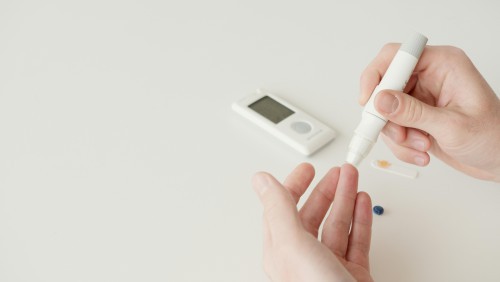How to Track Irregular Periods
Views:1715 |
By:
Lenah

For many women, periods arrive like clockwork — but for others, cycles can be unpredictable. Irregular periods can make it difficult to know when to expect your next flow, track symptoms, or plan around your cycle. The good news is that with a bit of consistent tracking, you can begin to notice patterns, understand your body better, and even provide valuable insights to your doctor. Here’s how to get started.
Why Track Irregular Periods?
Irregular cycles are more common than you think and can be caused by stress, diet, lifestyle changes, hormonal imbalances, or conditions like PCOS and thyroid issues. Tracking helps you:
Notice triggers and changes in your body.
Keep a record to discuss with a healthcare provider.
Feel more in control, even when your period doesn’t follow a “normal” pattern.
The Simple Method: Pen and Calendar
Sometimes, old-fashioned methods work best. Use a notebook, wall calendar, or journal. Each month:
Mark the first and last day of your period.
Note symptoms like cramps, spotting, mood swings, or unusual pain.
Over time, you’ll see whether your irregularity has a rhythm (e.g., cycles ranging from 30–40 days).
The Digital Method: Period Tracking Apps
If you prefer tech, several apps make tracking simple:
Clue – great for irregular cycles and very data-driven.
Flo – easy to use with symptom logging.
Eve by Glow – lifestyle-focused and interactive.
Period Calendar – simple and lightweight.
These apps allow you to log not just your bleeding days but also symptoms like headaches, cravings, or energy dips. While predictions may not always be accurate for irregular cycles, the accumulated data will still help reveal trends.
Track Beyond the Bleeding
Your cycle is more than just the days you menstruate. Keep track of:
Mood shifts or irritability.
Cravings or bloating.
Cramps and pelvic pain.
Energy levels and sleep quality.
Changes in cervical mucus.
These signs often show where you are in your hormonal cycle, even if your period itself is unpredictable.
When to Seek Medical Advice
If your periods are very irregular — for example, if they stop for months, are extremely heavy, or cause severe pain — it’s wise to consult a doctor. Bringing along your tracking notes or app records will give your healthcare provider a clearer picture and help with diagnosis.
Final Thought
Irregular periods don’t mean you have to live in the dark about your cycle. Whether you choose a notebook or a smartphone app, tracking puts knowledge back in your hands. Over time, you’ll notice patterns, spot warning signs, and feel more connected to your body. Most importantly, you’ll walk into your doctor’s office empowered with information rather than uncertainty.

 The Shocking Truth About Reversing Diabetes
The Shocking Truth About Reversing Diabetes  What Many Don’t Know: Hormonal Changes in Women in Their 30s and After Birth
What Many Don’t Know: Hormonal Changes in Women in Their 30s and After Birth  How to Cycle Sync Your Periods for Better Health and Balance
How to Cycle Sync Your Periods for Better Health and Balance  Brazilian Waxing and vaginal health, everything you need to know
Brazilian Waxing and vaginal health, everything you need to know  5-Minute Daily Health Boost Routine
5-Minute Daily Health Boost Routine